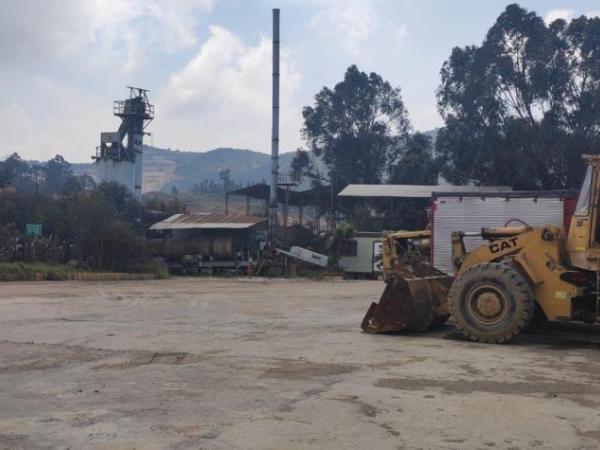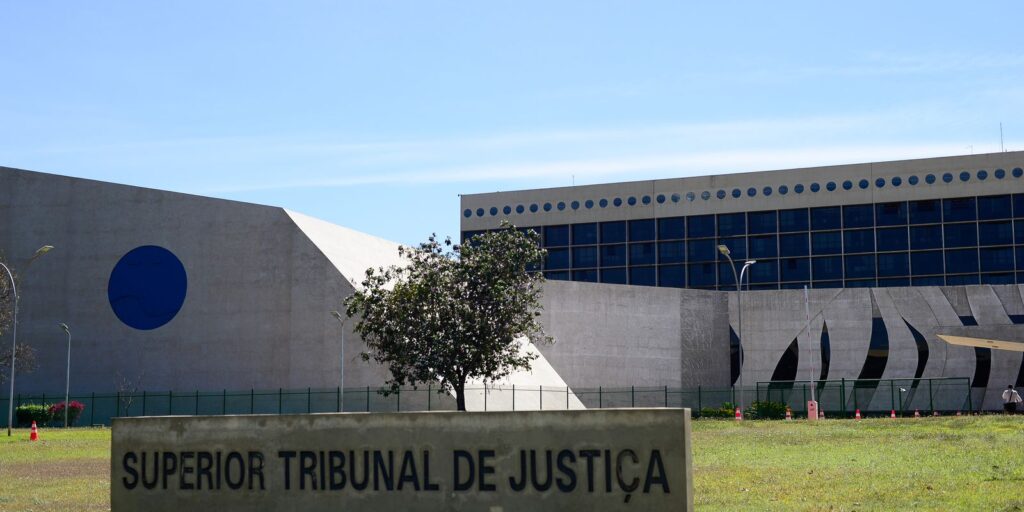The UDI deputies Serge Bobadilla Y Gustavo Benavente they asked the government to appeal, through the State Defense Council (CDE), the ruling of the Seventh Civil Court of Santiago that ordered the State to compensate the leader of the Coordinadora Arauco Malleco (CAM), Hector Llaitulfor torture of which he was a victim in 1988, in the dictatorship of Augusto Pinochet.
“The Chilean Treasury is sentenced to pay as non-pecuniary damage, the sum of twelve million pesos ($12,000,000) in favor of the plaintiff Mr. Héctor Javier Llaitul Carrillanca,” states the court ruling.
You might also be interested in:
Faced with the court’s decision, the deputies indicated that “the Government’s hand has already shaken by not suing Llaitul for the State Internal Security Law, with all the background to do so. Therefore, we hope that this time do not be intimidated and yes resort to all the instances that you have at your disposal to prevent compensation to a terrorist leader”.
“We cannot allow that the same state that he declares war on is now financing his own subversion,” the UDI legislators added.
“If the government has the real intention of confronting these criminal organizations, the first thing it should do is announce its appeal to this ruling,” they reiterated.
“The current authorities cannot sit idly by watching a terrorist leader get away with it,” added the parliamentarians.
“There are dozens of victims who have been murdered by this criminal organization, they are carrying out daily terrorist attacks in the South Macrozone and now, on top of that, the State could be financing one of its main leaders,” they concluded.
Compensation
The decision of the Seventh Civil Court of Santiago comes after a lawsuit filed in August of last year, for events that occurred in 1988, when Llaitul was a university student and a member of the Revolutionary Left Movement (MIR).
According to slogan Radio BioBio, The ruling establishes that Llaitul was detained on April 28, 1988 by Carabineros officials, who transferred him to the Central Police Station of Valparaíso and then confined him – at the request of the city’s Naval Prosecutor’s Office – in the Quillota Prison.
In this situation, Llaitul was held incommunicado and was subjected to various tortures by agents of the National Information Center (CNI), who even resorted to electricity.


















